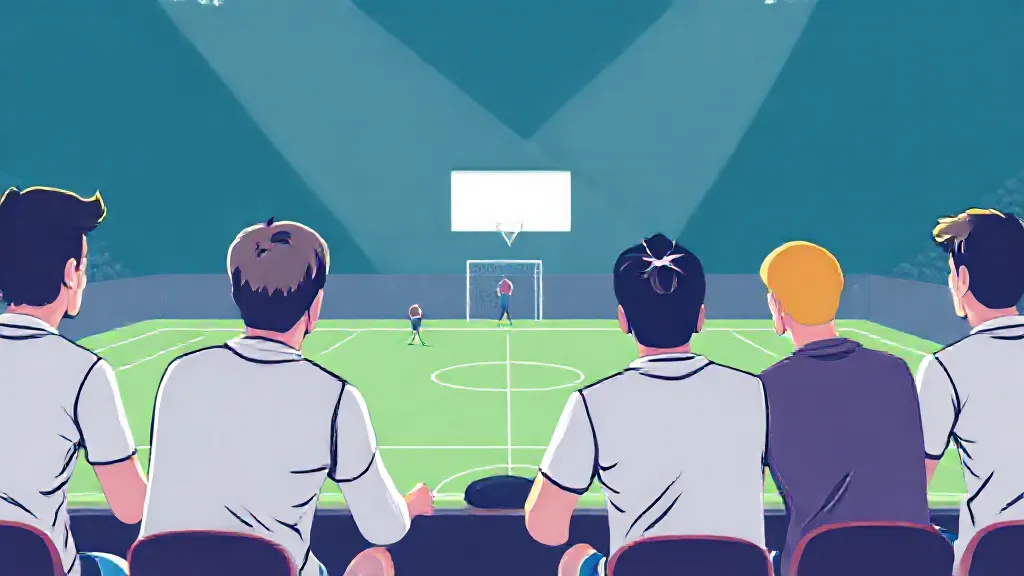In the world of sports, the debate between strategy and skill has long been a topic of discussion among athletes, coaches, and analysts. While skill is often seen as the hallmark of a successful athlete, strategy can sometimes prove to be the decisive factor in determining the outcome of a competition. Understanding where strategy outweighs skill requires a comprehensive look at various sports, historical contexts, and the psychological aspects involved.
The Role of Strategy in Competitive Sports
In many team sports, such as soccer, basketball, and football, strategy plays a crucial role in shaping the game's outcome. Coaches develop intricate game plans that dictate how players should position themselves, move, and interact with one another. For instance, in soccer, a well-executed counter-attack can exploit the opponent's weaknesses, turning the tide of the match in favor of a less skilled team.
The famous "tiki-taka" style of play employed by FC Barcelona under Pep Guardiola is a prime example, where strategic ball possession and movement led to overwhelming success, even against technically gifted opponents.
Historical Examples of Strategy Triumphing Over Skill
Looking back at sporting history, there are numerous instances where strategy has triumphed over raw skill. One notable example is the 1980 "Miracle on Ice" when the U.
S. ice hockey team, composed mainly of amateur players, defeated the heavily favored Soviet Union in the Winter Olympics. Coach Herb Brooks implemented a rigorous training regimen and a strategic approach that emphasized teamwork and conditioning, ultimately leading to an iconic victory that showcased the power of strategy.
The Psychological Edge of Strategic Thinking
The psychological aspect of strategy cannot be overlooked. Athletes who are adept at reading the game and anticipating their opponents' moves often gain a significant advantage. This mental acuity allows them to make quick decisions that can outmaneuver even the most skilled players.
For example, in tennis, players like Novak Djokovic have demonstrated exceptional strategic thinking, allowing them to outlast opponents who may possess greater physical talent. By carefully analyzing their opponents' tendencies, Djokovic can position himself to exploit weaknesses, showcasing how strategy can elevate performance.
Strategy in Individual Sports
While team sports often highlight the interplay between strategy and skill, individual sports also provide fertile ground for strategic thinking.
In sports like chess, golf, or martial arts, the ability to outthink an opponent can be just as important as physical prowess. For instance, in golf, course management and strategic shot selection can often be the difference between winning and losing, regardless of a player's technical skill level. A golfer who understands the nuances of a course can navigate challenges more effectively than a technically superior player who lacks strategic insight.
The Impact of Technology on Strategy
In recent years, technology has revolutionized how strategies are developed and implemented in sports. Advanced analytics and data collection have allowed teams to gain deeper insights into their opponents' strengths and weaknesses. For example, in basketball, the use of shot-tracking technology helps coaches devise defensive strategies tailored to counter specific players.
This data-driven approach can sometimes overshadow individual skill, as teams that effectively leverage analytics can outperform more talented opponents.
The Balance Between Skill and Strategy
While it is clear that strategy can often outweigh skill, it is essential to recognize that the two are not mutually exclusive. Successful athletes must possess a balance of both attributes to reach their full potential.
In sports like mixed martial arts, for instance, a fighter may have superior striking skills but can be neutralized by an opponent with a better grappling strategy. This interdependence highlights the complexity of athletic competition and the need for athletes to continually refine both their skills and their strategic understanding.
Future Trends in Sports Strategy
As the landscape of sports continues to evolve, the emphasis on strategy is likely to grow.
With the increasing focus on data analytics, sports science, and psychological training, future athletes may find themselves needing to develop a more profound understanding of strategic elements. The rise of e-sports also exemplifies this shift, where strategic gameplay often supersedes individual skill in determining the outcome of matches.
Conclusion: The Ongoing Debate
In conclusion, the debate over whether strategy outweighs skill in sports is multifaceted and context-dependent.
While skill remains a fundamental aspect of athletic success, strategy often serves as the guiding force that can elevate teams and individuals to victory. As athletes and coaches continue to explore the intricate relationship between these two elements, the landscape of competitive sports will undoubtedly continue to evolve, highlighting the importance of strategic thinking in achieving success.
